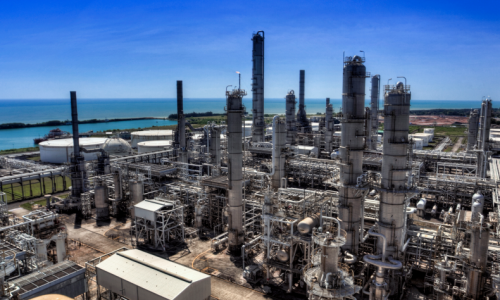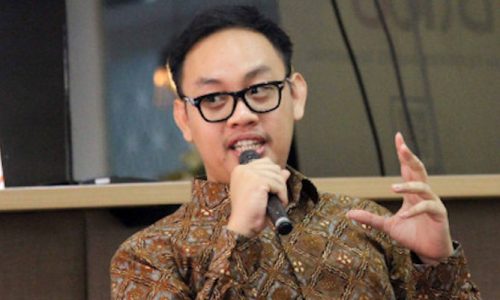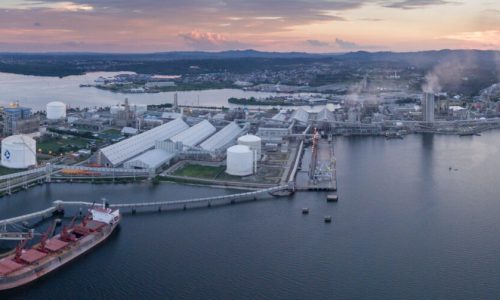Pertamina New and Renewable Energy (Pertamina NRE), in collaboration with PT Sinergi Gula Nusantara (SGN), plans to construct a bioethanol plant in Banyuwangi, East Java, with an annual production capacity of 30,000 kiloliters.
“We aim to expand bioethanol production capacity, reactivating the Glenmore plant in Banyuwangi with molasses as the primary bioethanol feedstock,” Pertamina NRE CEO John Anis told the COP29 panel discussion in Baku, Azerbaijan, on Wednesday, November 13, 2024.
He added that Pertamina NRE, a subsidiary of State energy company, has a bioethanol roadmap extending to 2031, designed to support decarbonization in the transportation sector, with projected biofuel demand potentially reaching 51 million liters by 2034.
Pertamina NRE is a pioneer in low-carbon ventures within the Pertamina Group, focusing on enhancing renewable energy generation while also scaling up biofuel production.
John emphasized that the company’s approach balances traditional fossil fuel business with clean energy initiatives under a dual-growth strategy.
“We must still rely on fossil fuels but in a cleaner form while simultaneously building a low-carbon business,” John said.
Supporting this transition, Indonesian lawmakers have endorsed biofuel development as a key driver of emissions reduction.
Deputy Speaker of the People’s Consultative Assembly (MPR) and member of the House of Representatives’ (DPR) Commission XII, Eddy Soeparno, highlighted Indonesia’s extensive biofuel resources, citing the B35 program as a concrete step in emission reduction.
“We have abundant biofuel sources, including B35 biodiesel from CPO, as well as biofuel from sugarcane and cassava,” Eddy said on Wednesday.
Pertamina has also advanced biofuel applications with its Sustainable Aviation Fuel (SAF), made partly from used cooking oil.
Indonesia recently succeeded in achieving a 5 percent SAF blend, tested in flights over the past two years, with further development planned to increase its contribution to sustainable aviation efforts.









